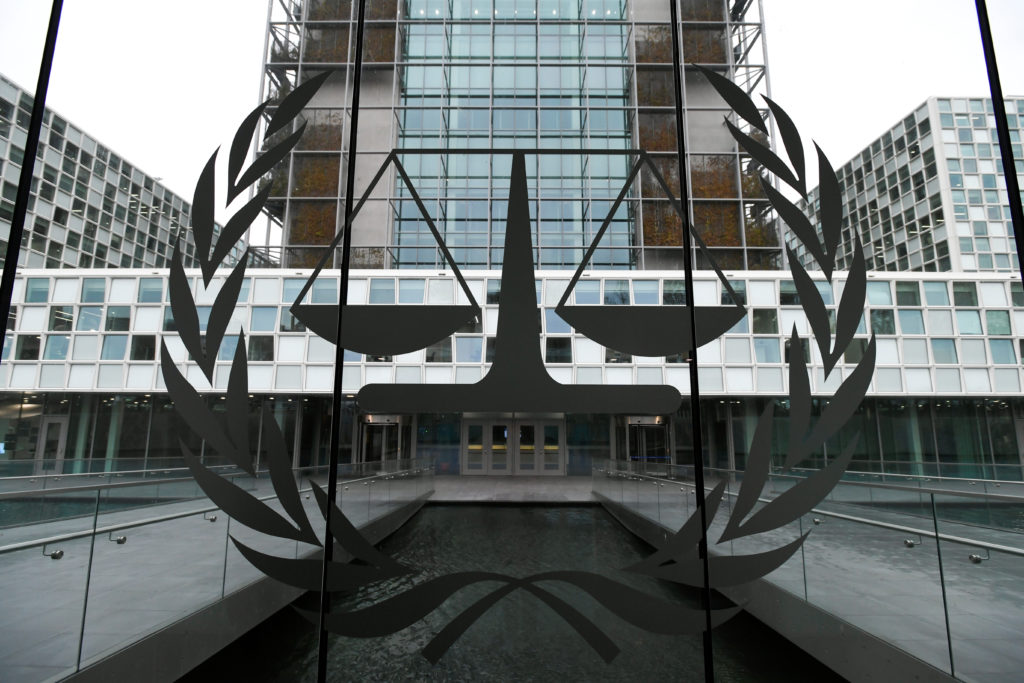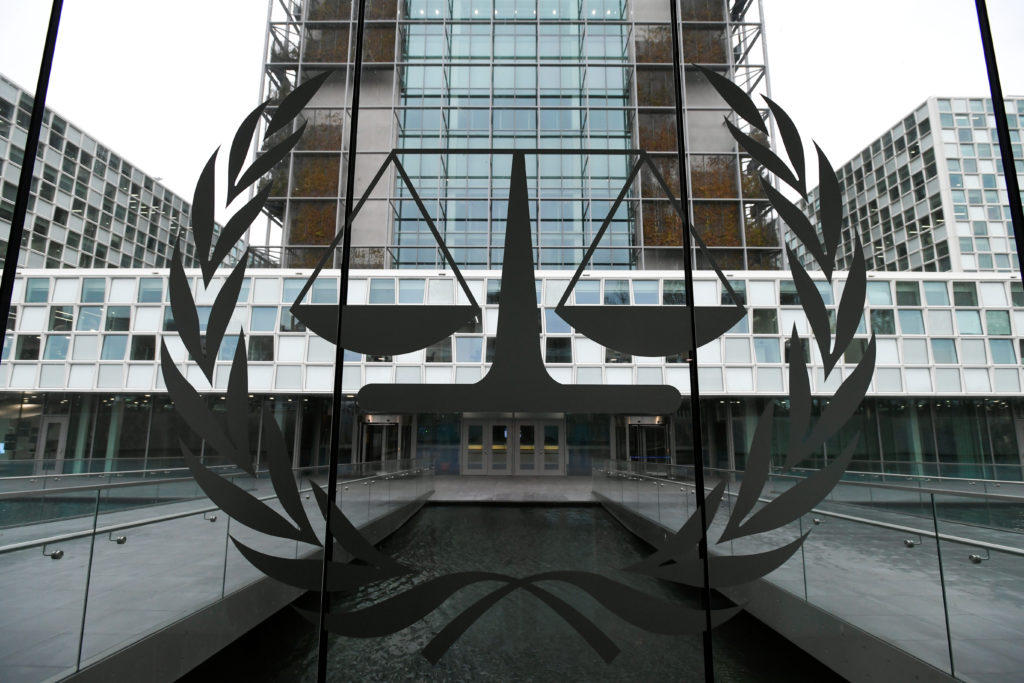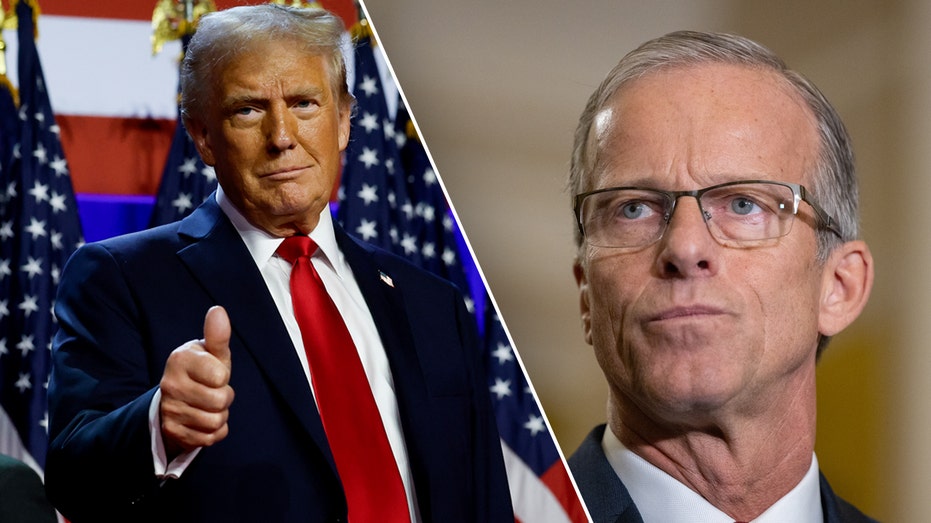
South Dakota Senator John Thune Threatens Sanctions Over ICC’s Arrest Warrant for Israeli PM Netanyahu
Background on the ICC’s Warrant
On Sunday, Republican Senator John Thune from South Dakota issued a pointed warning regarding the International Criminal Court’s (ICC) issuance of an arrest warrant for Israeli Prime Minister Benjamin Netanyahu. Thune’s stance reflects both the growing tensions between the U.S. and international judicial institutions and the complicated dynamics of U.S.-Israel relations.
Thune’s Call to Action
Thune, who is poised to become the Senate Majority Leader if the GOP regains control of the Senate in January 2025, made it clear that he expects the Democratic leadership to act decisively against the ICC’s actions. In a statement shared on X (formerly Twitter), he said, “If the ICC and its prosecutor do not reverse their outrageous and unlawful actions of seeking arrest warrants against Israeli officials, the Senate should promptly pass sanctions legislation, as the House has already done on a bipartisan basis.” He urged Senate Majority Leader Chuck Schumer to take immediate action, warning, “If Majority Leader Schumer does not act, the Senate Republican majority will prioritize this – alongside other supportive legislation for Israel – in the next Congress.”
The Context of the Arrest Warrants
The ICC issued warrant applications in May 2023 against Netanyahu, former Israeli Defense Minister Yoav Gallant, and three leaders from Hamas. The court accused these figures of war crimes and crimes against humanity in response to the October 7, 2023, attacks. Following these accusations, it is believed that the three Hamas leaders have since been killed, complicating the situation further.
Bipartisan Legislation in Response
Thune’s comments echoed similar sentiments expressed by Senator Tom Cotton (R-Ark.), who introduced legislation in June that follows recent bipartisan measures passed by the House. Cotton’s bill aims to impose sanctions on ICC prosecutors who pursue cases against “U.S., Israeli, or any other allied citizens” involved in alleged wrongdoing. The difficulty here lies in the U.S. not officially recognizing the authority of the ICC, leading to a complicated interplay between U.S. law and international judicial proceedings.
Historical Context of U.S.-ICC Relations
This is not the first occasion the U.S. has taken steps to oppose the ICC. Under the Trump administration in 2020, the United States fiercely opposed the ICC’s efforts to investigate U.S. military personnel for alleged war crimes in Afghanistan. In response, the administration imposed sanctions on specific ICC officials. These sanctions had widespread implications, not only affecting individuals but compelling institutions to reconsider their dealings with the ICC. Human Rights Watch documented that companies—from banks to service providers—avoided engaging with the ICC to prevent potential violations of U.S. law, thus creating significant uncertainty for those working with the court.
The Impact of Previous Sanctions on the ICC
Richard Goldberg, a former member of the White House National Security Council during the Trump era and a senior adviser at the Foundation for Defense of Democracies, reflected on the previous sanctions’ impact. He noted that such measures created notable disruptions within the ICC, especially during the time of selecting a new chief prosecutor. Observers believe that U.S. sanctions influenced the election of current ICC Chief Prosecutor Karim Khan, who has since shelved investigations concerning both U.S. and Israeli actions.
The Efficacy of Sanctions
However, Goldberg warned that limiting sanctions solely to individuals might not be sufficient to deter Khan from pursuing the case against Netanyahu. He indicated that Khan may view sanctions as a “badge of honor,” and urged a comprehensive approach that targets the ICC institutionally. “It’s one thing to sanction individuals involved in wrongful indictments of American or Israeli soldiers,” Goldberg noted. “It’s another to use sanctions as a tool to restrict the ICC’s financial resources.” He predicted that if the U.S. implemented sanctions affecting the ICC’s financial transactions, it could prompt pressure from countries like Japan and Germany, which might not want to jeopardize their banks’ operations due to U.S. penalties.
Looking Ahead: The ICC’s Decision Timeline
The ICC is expected to render a decision regarding the arrest warrants within three months. However, the timeline remains uncertain. For reference, when the court was previously asked to issue an arrest warrant against Russian President Vladimir Putin earlier in 2023, the decision was made within a month, highlighting the variability in the court’s decision-making process.
Conclusion
Senator Thune’s threats of sanctions against the ICC resonate with a significant segment of the Republican stance on international cooperation and justice, particularly concerning allies like Israel. As the political landscape evolves leading up to the next Congress, the actions taken by the Senate will be closely monitored, particularly in light of the potential implications for U.S.-ICC relations and international law enforcement.
This HTML document presents a detailed analysis of the recent political developments surrounding Senator John Thune’s statements regarding the ICC and Israeli Prime Minister Netanyahu, formatted with appropriate headings to enhance readability.


















